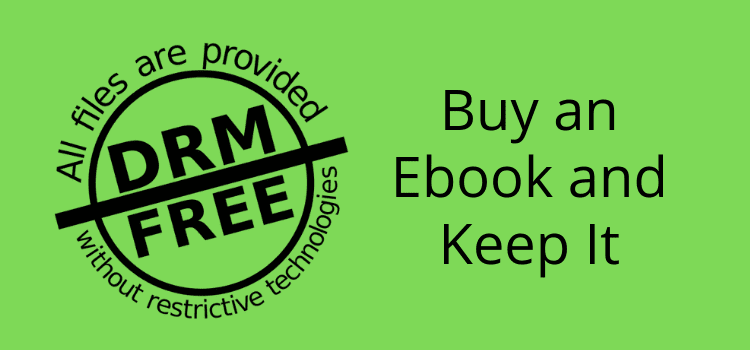
Amazon Kindle scams are rife because they work.
Forget affiliate marketing, phishing, and blog comment spam as a way to make a few bucks.
Kindle scams are the easiest way to make money on the Internet, according to an article in the Washington Post.
“Making money with Kindle is by far the easiest and fastest way to get started making money on the Internet today,” enthuses one video that promises to guide viewers to riches. “You don’t even need to write the books yourself!”
How Kindle scams work
There are a lot of hard-working self-publishing authors out there, and all of them are battling away day after day, trying to make a go of selling books.
It might feel like a kick in the guts to know that Kindle scams are raking in mountains of money.
And they don’t even write the ebooks themselves.
No, they outsource the time-consuming writing part or use AI writing programs and simply concentrate on milking the market.
How does it work?
This article in the Washington Post goes into great detail. How an industry of ‘Amazon entrepreneurs’ pulled off the Internet’s craftiest catfishing scheme.
The article states that non-fiction self-help ebooks are the prime target of these Kindle scams. And that they produce new ebooks at a phenomenal rate.
In fact, one author, by the name of Dagny Taggart, published 84 books in one year.
Those who have read Atlas Shrugged will recognize this name immediately. But sadly, now it’s the name of a Kindle scam author.
As the article in the Washington Post explains, it is all about publishing content. There is no regard whatsoever for quality. It’s manipulating or buying reviews to give these Kindle scam books some credibility.
Is there a solution?
So if it is so easy to spot a Kindle scam, why doesn’t Amazon react and close down the scammers?
Perhaps this quote from the Washington Post article will help you understand why Amazon doesn’t move as fast as one would like to think it should.
It must be noted, though, that Amazon technically also profits off its catfish:
For every dollar, someone like Pylarinos or Marrocco makes off the Kindle store, Amazon makes $1.86.
It’s a tough world out there in self-publishing for the honest, hard-working self-published author.
But for the crooks, thieves, and miscreants, well, it’s easy pickings.
I mean, one author publishing 84 ebooks in one year is a pretty good clue that something is amiss.
Amazon’s Kindle Unlimited can’t count
Another problem that scammers easily exploit is Amazon’s technical inability to count pages that Kindle Unlimited (KU) subscribers read.
Of course, authors are paid by the number of pages read. But in fact, Amazon doesn’t really know how many.
Kindle makes the calculation based on the location a reader is at in an ebook. Therefore, if a reader skips pages, Kindle counts the skipped pages.
Scammers quickly recognized this flaw almost as soon as Amazon released KU.
So they added skip links at the beginning of a (trash) ebook to get readers to go to the last page of the book with a promise of some phony reward or special offer.
In reaction, Amazon has tried limiting the length of ebooks and placed bans on tables of content at the end of an ebook.
Yet, the scams continue in various forms because Amazon still can’t count pages.
One can only hope that Amazon takes action very soon to protect readers and authors from these obvious Kindle ebook scams.
Summary
When any online activity involves money, it’s a potential target for scammers.
You might expect Amazon to take more decisive action against book scams in a perfect world.
But the reality is that on many occasions that Amazon took action, it also affected legitimate authors.
There’s no miracle cure, and all authors can do is stay vigilant and report any suspicious activity to Amazon.
Updates to this article
Update: Unfortunately, I think I will be continually updating Kindle scams. Here is another one:
“Chance Carter is the perfect example of both how the book-stuffing con works, and how Amazon is completely incapable of stopping the scammers.”
Read the full article on The Digital Reader.
Update: Three new Kindle scams.
Kindlepreneur details three new Amazon Kindle scams affecting authors.
1. Amazon FBA Scam
2. KU or Wide for Nonexistent Book Scams
3. Cheaper Kindle Scams
You can read the article in full for more details.
Related Reading: Publishing Companies To Avoid And Nasty New Author Scams
Share This Article



I want to publish my powerful non fiction books with Amazon this January, is it okay? Also l need other genuine sites l can publish with. Please help me. Thanks.
If you are self-publishing for the first time, Amazon KDP is the best way to go, Gift. You could consider Draft2Digital or Smashwords later on.